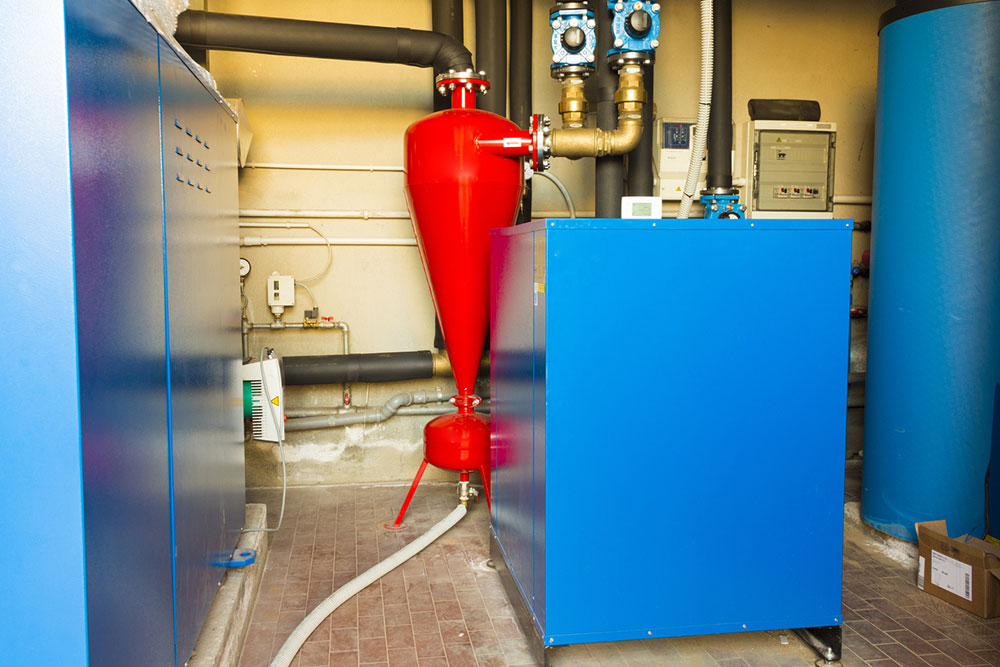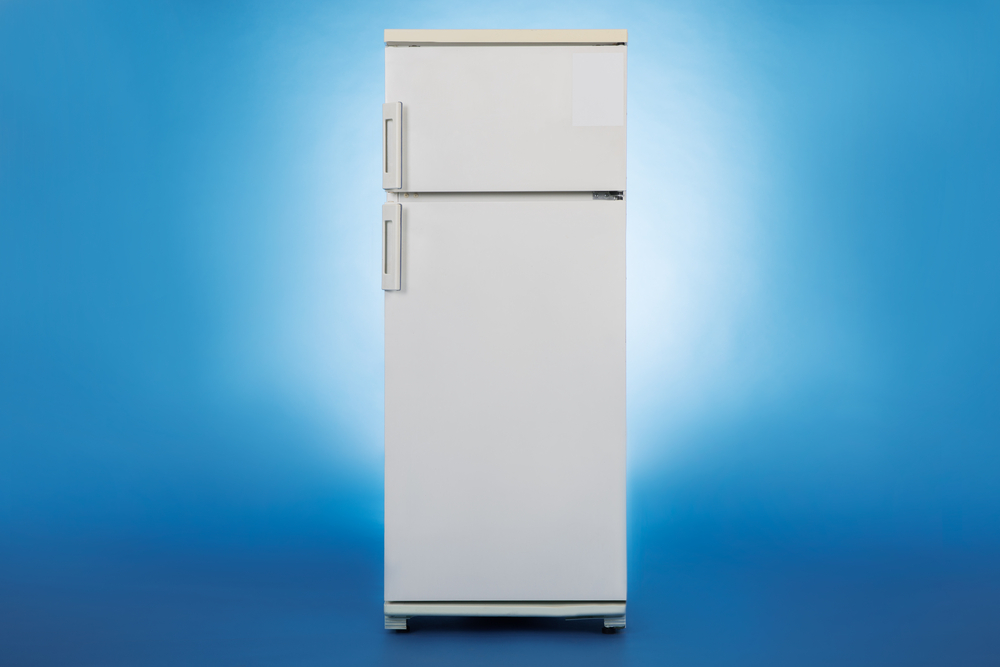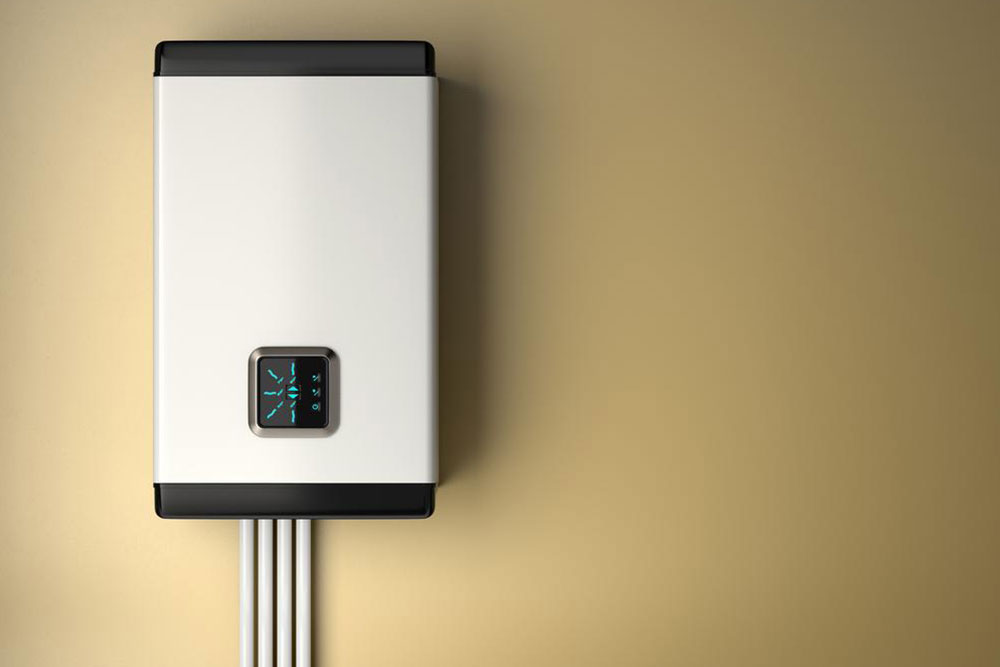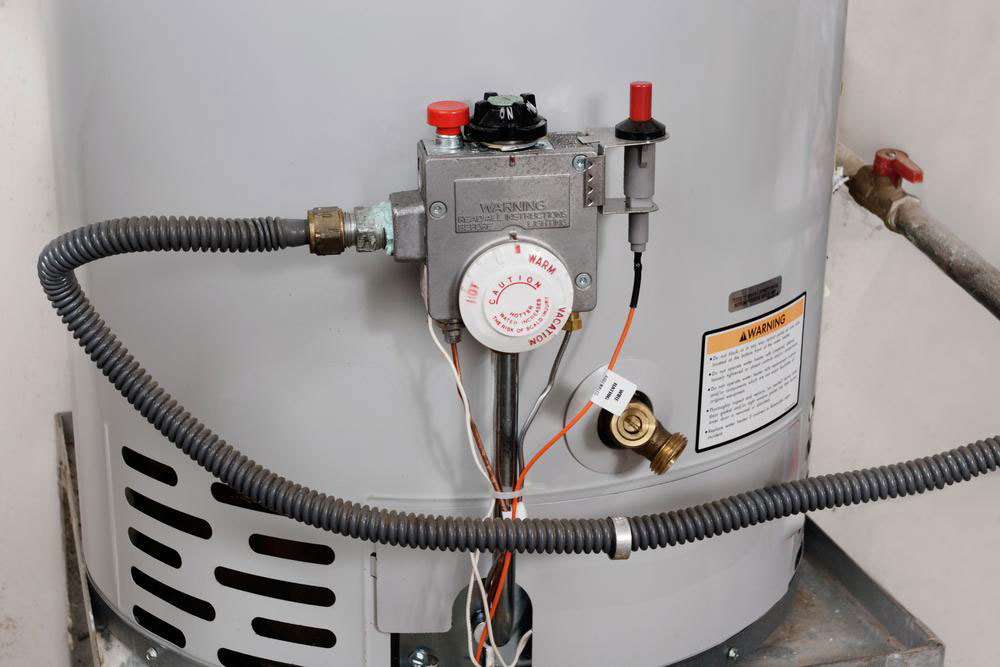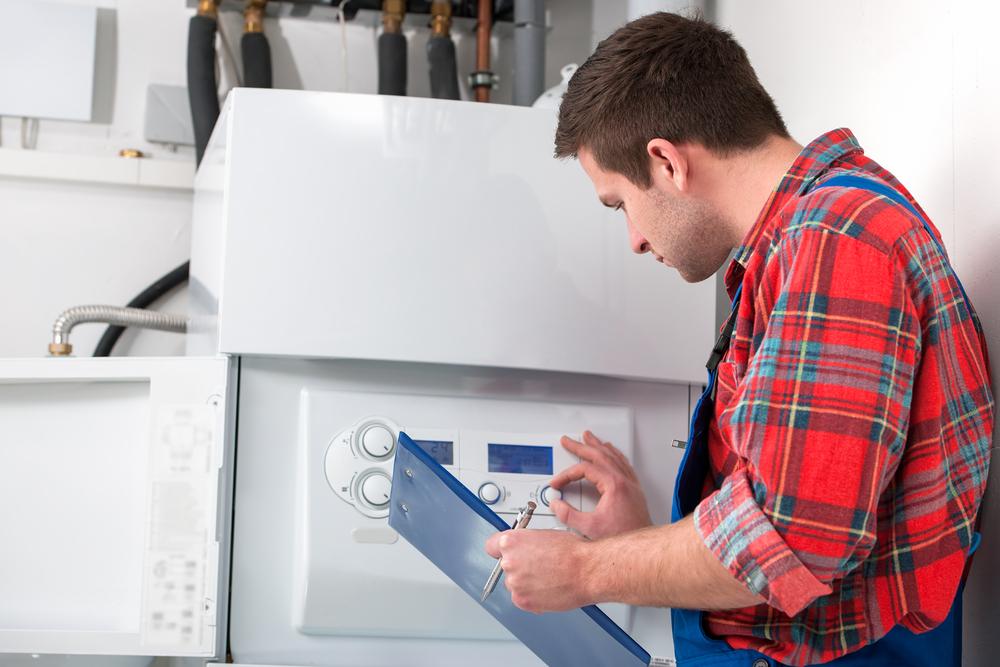Guide to Purchasing and Installing Tankless Water Heaters
This comprehensive guide explores how to choose and install a tankless water heater. It covers capacity considerations, trusted brands, and suitable models for residential or commercial use, helping homeowners find efficient solutions for hot water needs. The article emphasizes energy savings, cost-effectiveness, and tips on making informed purchasing decisions.
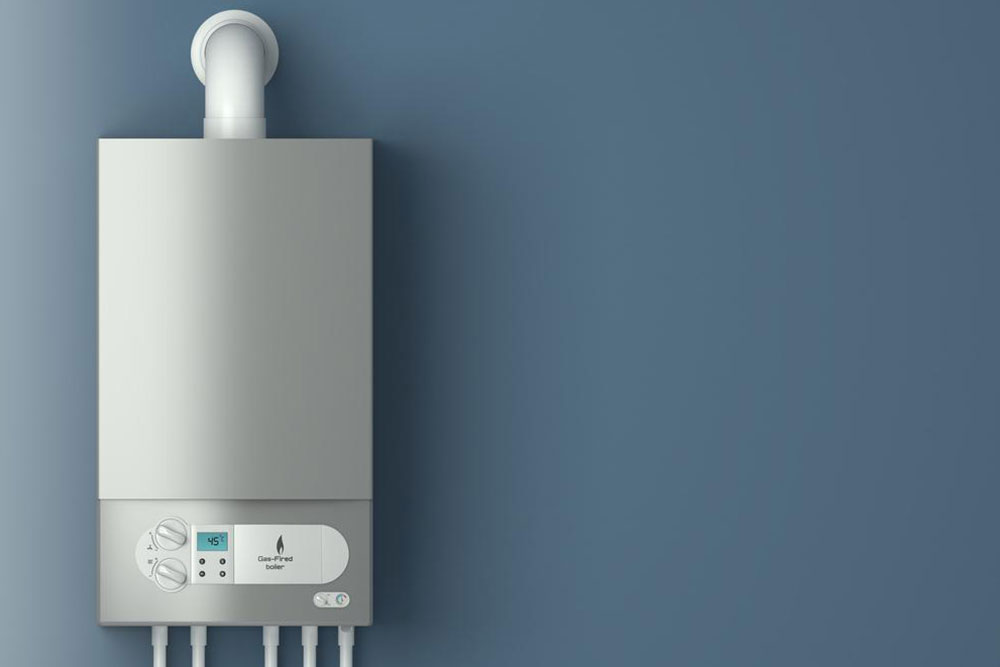
Guide to Purchasing and Installing Tankless Water Heaters
In colder months, ensuring a steady flow of hot water becomes essential, especially during mornings and evenings. Many homeowners seek comfort with a relaxing bath on weekends, but as temperatures drop, hot water turns into a daily necessity.
There are numerous solutions for maintaining an uninterrupted hot water supply across seasons. From solar-powered systems to traditional geysers, each option has its pros and cons. However, conventional methods often take time to heat water, prompting the need for more efficient alternatives.
Innovatively, tankless water heaters offer instant hot water without the need for a storage tank. These units provide a continuous hot water flow, reducing energy consumption as they can be installed close to the outlet point, saving on energy bills.
Before installing a tankless water heater, several factors should be considered:
Capacity: The size of the unit should match your household’s hot water demand. For families with children, higher capacity models may be necessary due to increased usage during activities like bathing or cleaning.
Choosing the right brand: Numerous reputable brands offer tankless water heaters. Visiting major stores such as Home Depot or Lowe’s can help you compare models and find compatible fittings. Review customer feedback to select reliable options.
Usage type: Whether for residential or commercial use, select a model suited to your specific needs. Electric and gas-powered units are available, each with benefits—electric models are suited for smaller households, while gas units often heat water faster and more cost-effectively. Consider the installation requirements for each type.
Reading reviews and recommendations is beneficial to make an informed choice about the best brands and stores, ensuring durability and efficiency.
Note:
Our blog offers a wide range of practical information across categories. While our research aims to provide valuable insights, readers should consider that articles may not cover all schemes or current offers. Always verify details before making purchases, and consult professionals for specific installation guidance.

